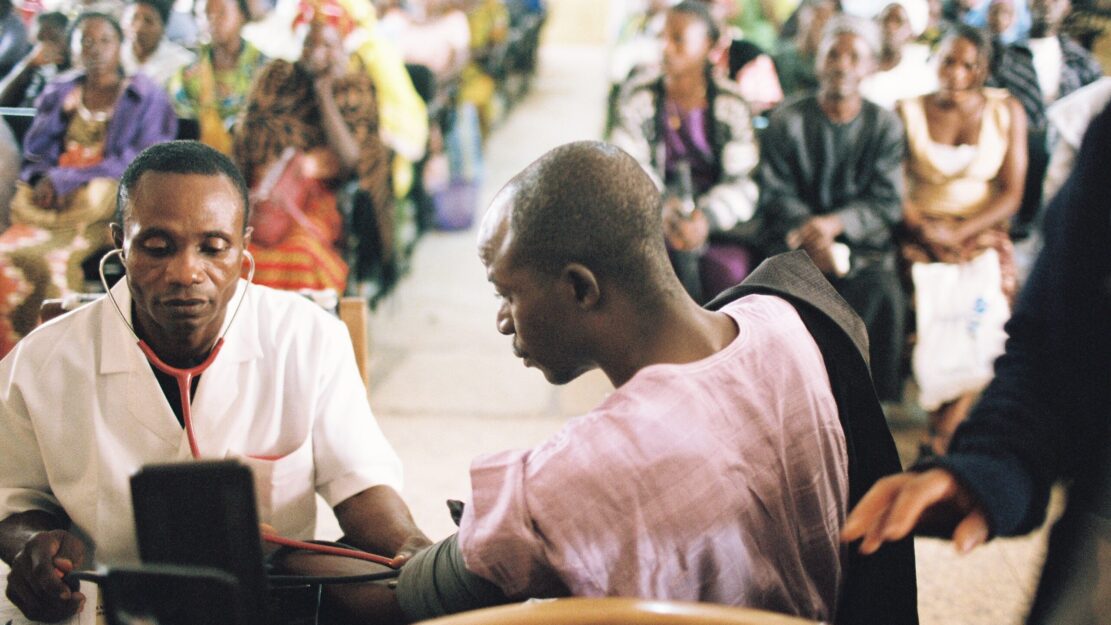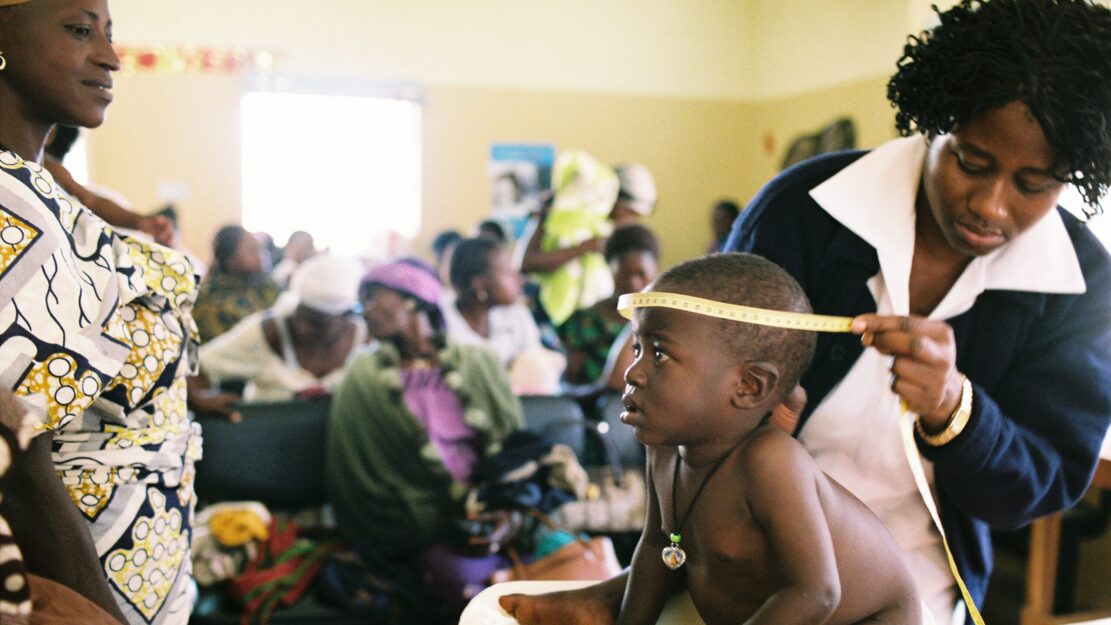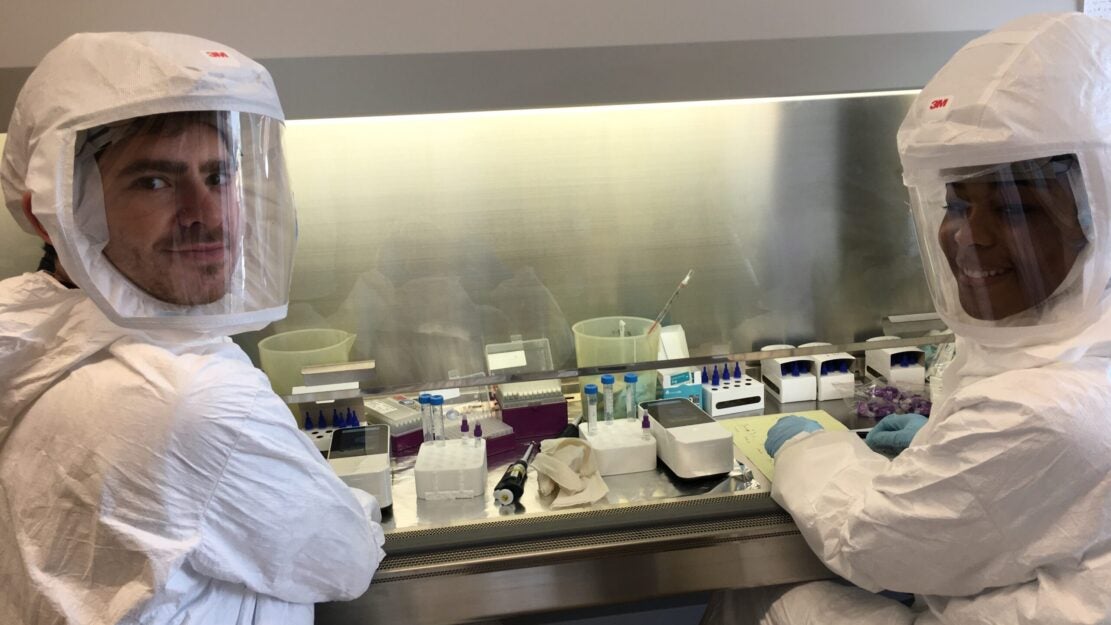The Harvard PEPFAR program developed an extensive electronic medical record system that provides real-time access to clinical data for >200,000 patients on antiretroviral treatment. These databases enabled implementation science studies to promote better clinical care and to answer operational research questions to understand the efficacy and modulators of ART and PMTCT interventions. In collaboration with Nigerian colleagues, the Kanki research group has addressed topics including HIV co-infections, determinants of ART…
Arbovirus Biology in Africa
The 2015-16 Zika virus (ZIKV) epidemic in the Americas with its rapid transmission and unforeseen association with microcephaly illustrated the ominous public health threat of emerging and re-emerging viruses. The Kanki lab has documented the presence of ZIKV infection in Senegalese and Nigerian fever patients over multiple decades, demonstrating the endemicity of this unique arbovirus in West Africa. The lab’s research studies have described the longevity, specificity, and cross reactivity…
SARS-CoV-2 Pandemic Response
In response to the SARS-CoV-2 pandemic, the Kanki research group is engaged in studies that incorporate SARS-CoV-2 and other human coronaviruses in their BSL2+ and BSL3 laboratories. To address important clinical diagnostic issues related to SARS-CoV-2, the Kanki lab is collaborating with BIDMC investigators to study the relationship of SARS-CoV-2 antigenemia and viral infectivity, including new SARS-CoV-2 variants. In studies with Dr Jin-Ah Park (Environmental Health), the Kanki lab group…


